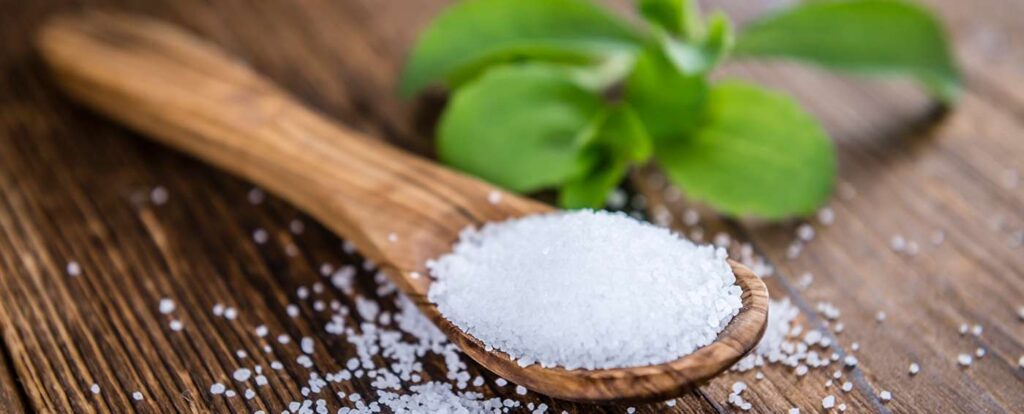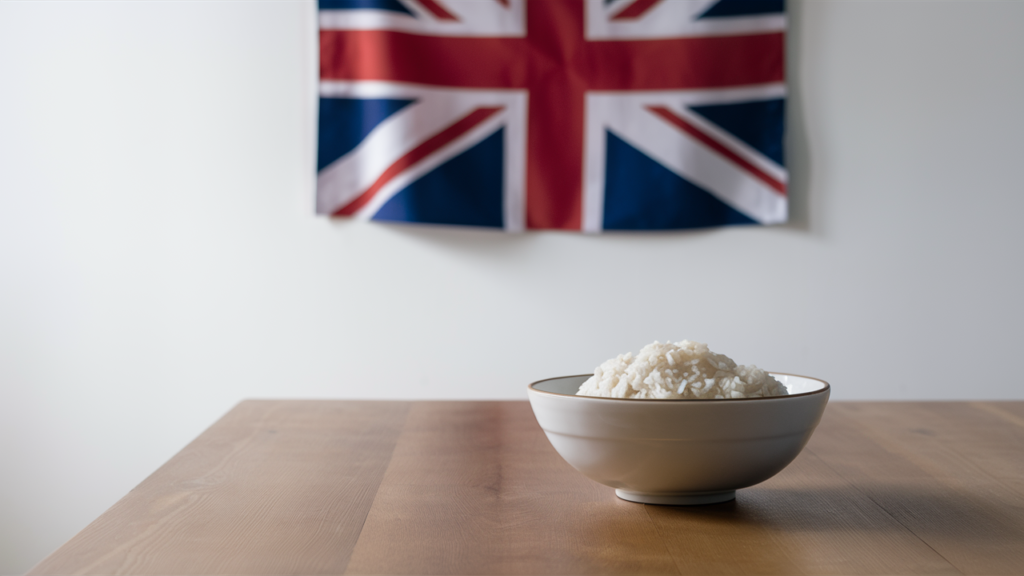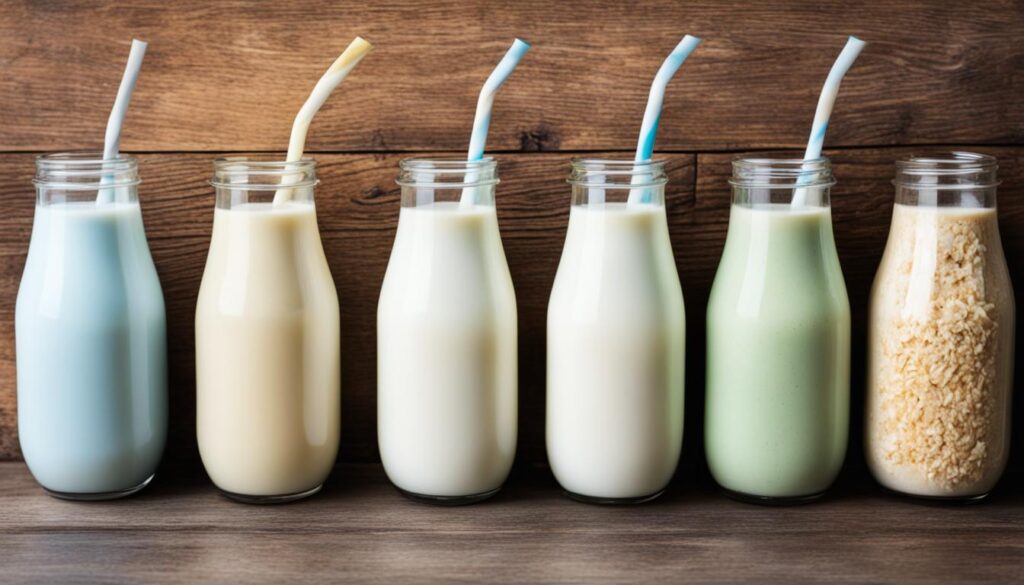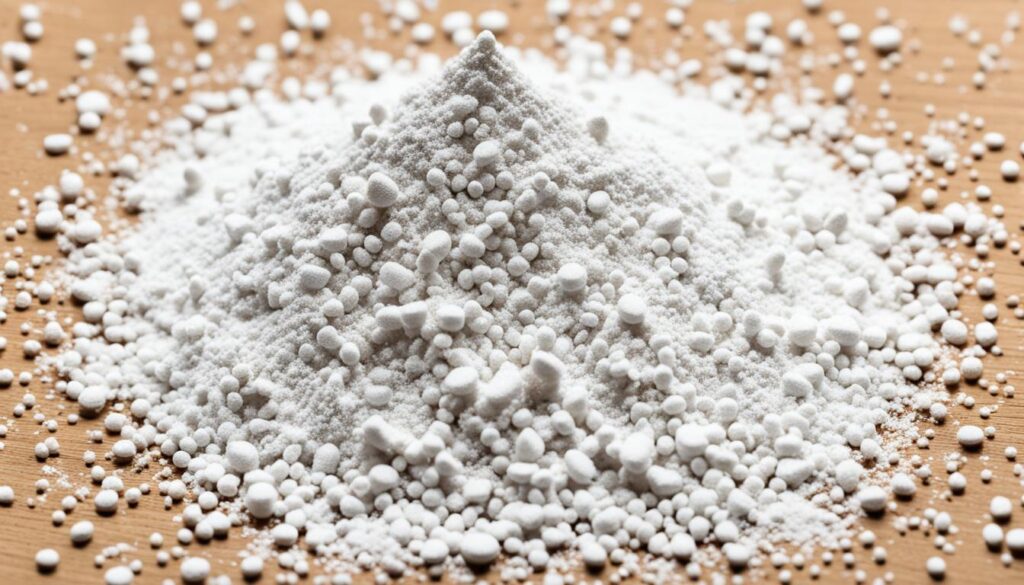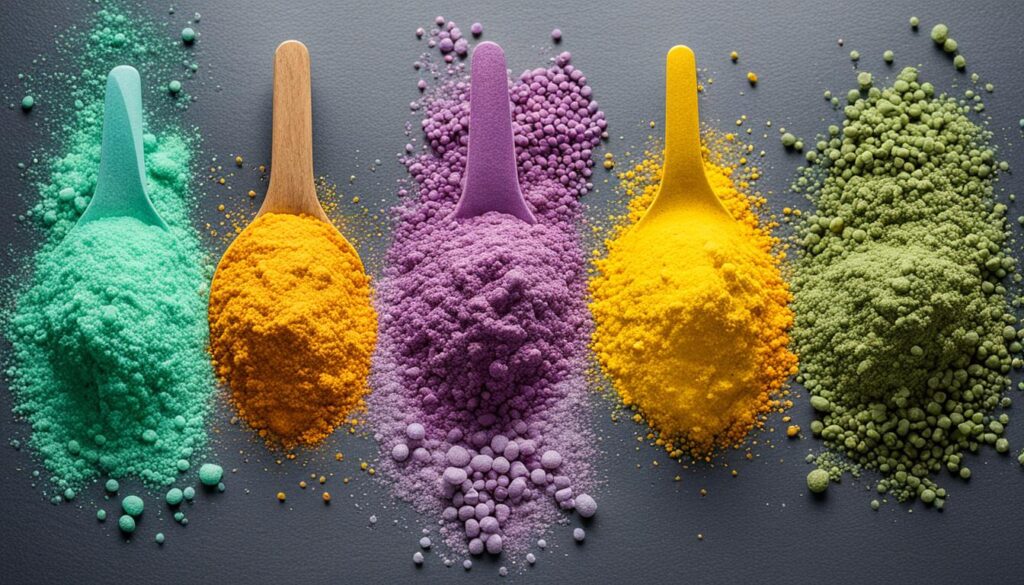Has your doctor prescribed you not to eat sugar, but that sweet tooth of yours is still craving it badly? Sugar can indeed lead to multiple diseases, including diabetes, cancer, heart diseases, and obesity; hence it should be consumed in a limited quantity.
However, even that limited quantity can prove to be poisonous for some people. But, then they also have to satisfy their sweet tooth. If you are one of those people, then you don’t have to worry as we will cover 5 Healthier Sweeteners to Substitute for Sugar.
Why is excess Sugar detrimental?
Prolonged sugar intake will damage your metabolism, which can lead to higher insulin and fat accumulation. Sugar interacts with hunger and satiety receptors, leading to increased weight and calorie consumption.
Bad oral hygiene and diabetes are attributed to unhealthy sugar intake and some of the most harmful diseases such as heart disease, diabetes, and cancer. Sugar is synonymous with health complications. It induces dopamine to be released into the brain, which is the same response as addictive narcotics. This contributes to hunger, which can lead to overconsumption in significantly depressed people.
5 Sweeteners to Substitute for Sugar
1- Maple Syrup
Maple syrup is among the most popular replacements for sugar and has made its name worldwide with the famous maple syrup pancakes. It’s a raw and unprocessed sugar type in its purest sense and is harvested in the late winter. It is harvested by boiling the maple tree with a spike. The syrup’s quantity that you will collect will only be one-tenth of the sap’s amount collected from the trees.
It is suggested not to use flavored maple syrups as they are usually made up of high fructose corn syrup with artificial maple flavor. Also, make sure to use it in moderation as it contains high calories. Maple syrup can substitute sugar in any meal, effectively adding various antioxidants, including around 30% fructose, which becomes energy deposits in your body.
2- Low Sugar Rice Syrup
Low Sugar Syrup serves as an alternative for glucose syrup, resulting in little change in the product application and performance. As compared to traditional glucose syrups, it has a whopping 30% less sugar content.
Its use over other syrups can result in performance benefits, such as reduced hygroscopicity and cold flow in confectionery applications. Furthermore, Low Sugar Syrup can also serve as an alternative for sucrose.
3- Coconut Sugar
While coconut sugar is not an ideal choice for those trying to lose weight, it is healthier than white sugar as it is more nutritious and less processed. It has a lower glycemic index than sugar, which means that it will not spike up your blood sugar as white sugar would.
Coconut sugar is a robust all-purpose sweetener, with a credibility of being better than white sugar and used in various Asian recipes.
You can use coconut sugar the same way you use brown sugar for baking and cooking purposes. It carries a distinctive and light flavor and is widely used for making lemon pie bars, apple pie spice muffins, etc.
4- Honey
You can safely replace sugar in your recipes with natural honey. Honey is twice sweeter than sugar, so it is used in a lesser amount. Although both sugar and honey contain fructose and glucose, their percentages vary. Sugar contains 50% fructose and 50% glucose, while honey contains 40% fructose and 30% glucose; the remaining elements in honey are pollen, water, and minerals.
It is a viscous liquid, and its color ranges from straw yellow to dark brown. Honey has countless health benefits as it is more nutritious and is less processed than sugar. It is used as a cough suppressant, is easier to digest, and is also used to relieve allergies.
5- Stevia
Stevia is extracted from the leaves of a South American Shrub known scientifically as Stevia rebaudiana. The stevia rebaudiana leaves are filled with phytochemicals and nutrients.
A sweet compound in stevia called stevioside has decreased blood pressure, blood sugar, and insulin level. It can be up to 350 times sweeter than sugar, contains zero calories, and tastes subtly different from sugar. While Stevia is widely considered healthy, more comprehensive research is required to decide whether the natural sweetener has enduring health benefits.
6- Yacon Syrup
A South American native plant called Yacon provides this sugar substitute. Owing to some hype in terms of helping with a weight reduction, it was once a trendy sugar substitute. There is little scientific data to support this argument, but one should not expect it to cure obesity magically.
It contains one-third of the calories of regular sugar. There are several health benefits from the high fructooligosaccharide content in yacon syrup. Analysis has shown that glycemic index, body weight, and colon cancer risk can be decreased using this syrup.
Final Words:
All in all, natural sweeteners are safer options than regular white sugar. Too much added sugar could lead to health problems, including tooth loss, increased weight gain, inadequate diet, and increased triglycerides, even with natural sweeteners.
While choosing a sugar substitute, you should consider the nutritional and health benefits. Artificial sweeteners can help in weight loss, but they should also be used in moderate amounts.



